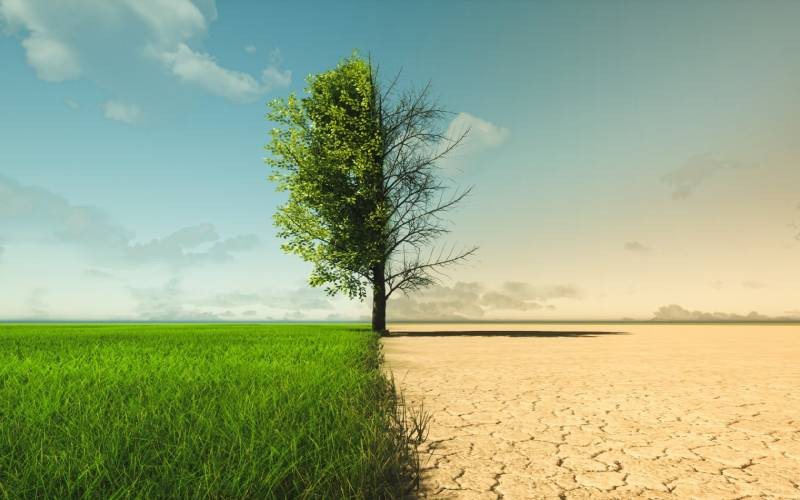×
The Standard e-Paper
Kenya’s Boldest Voice

The New Year has started off with the news of a new wave of Covid-19 that is ravaging China. It is almost like a replay of 2020.
According to models, at least one million people may die in China as a result of the new wave. Analysts say cases of Covid-19 have sharply risen in China since the government dropped its zero-Covid policy last December.







